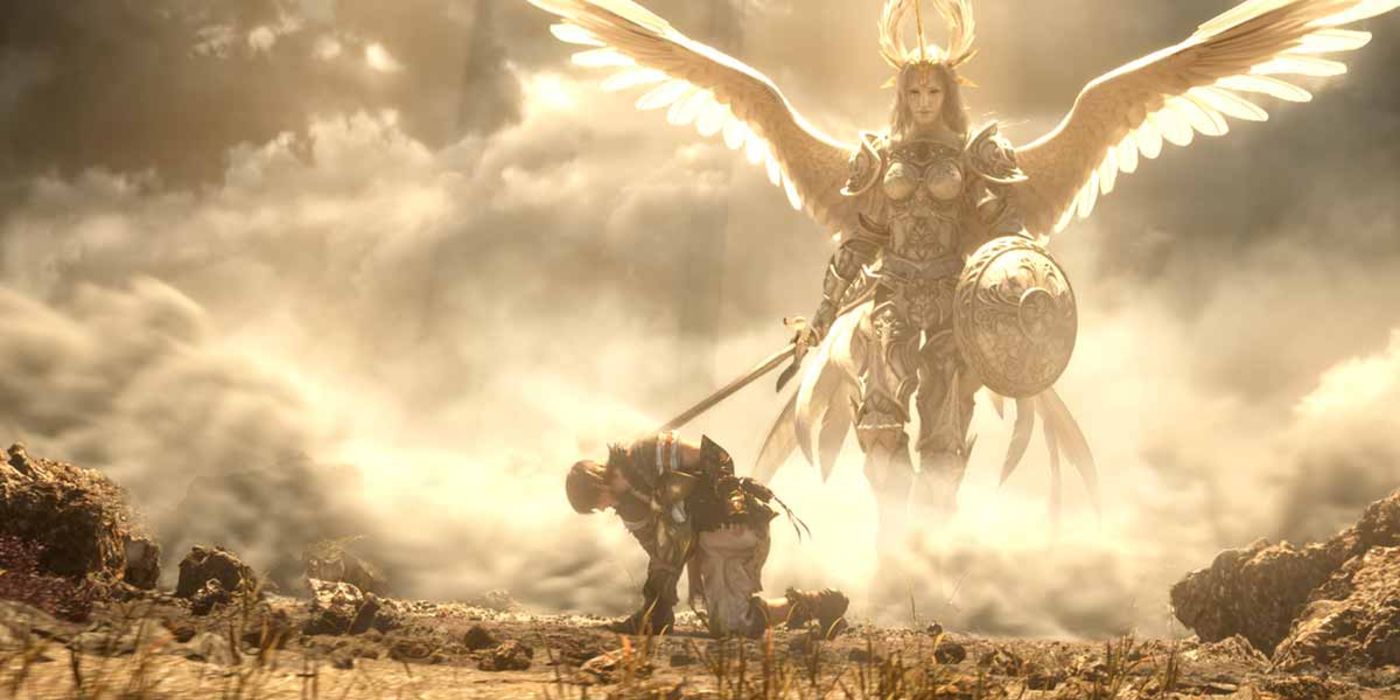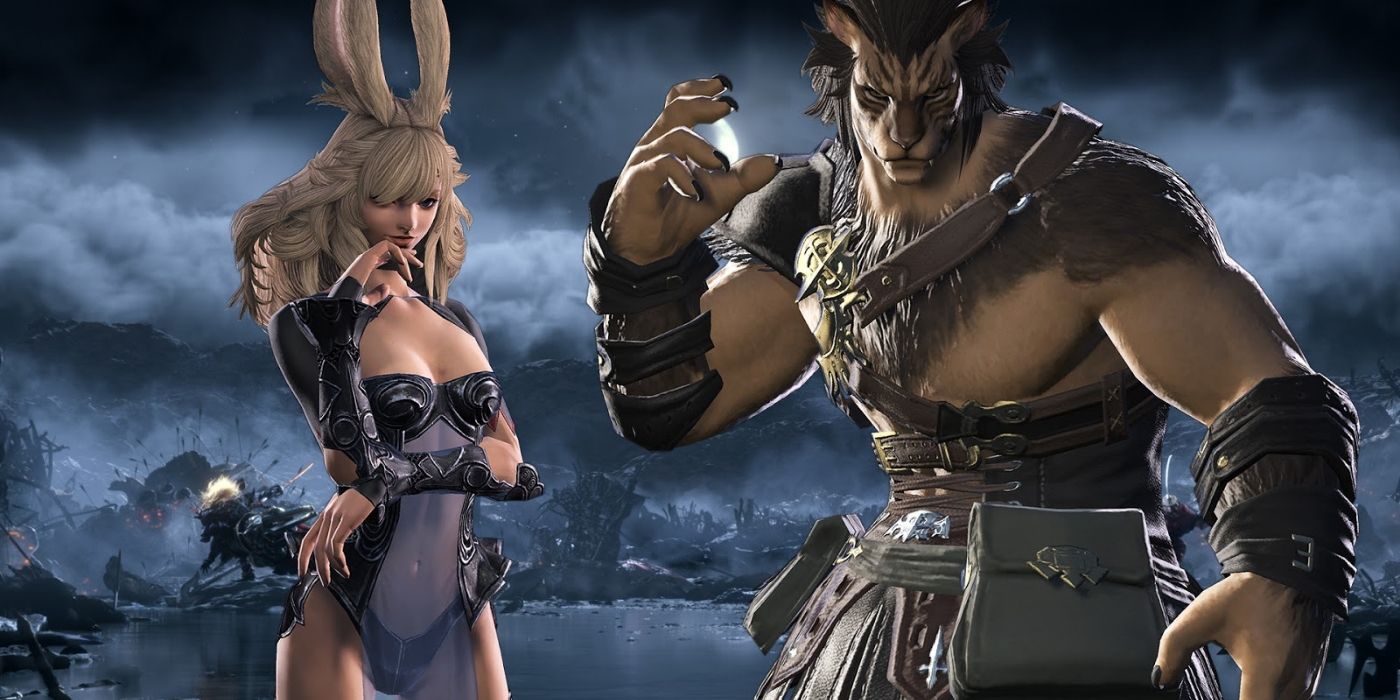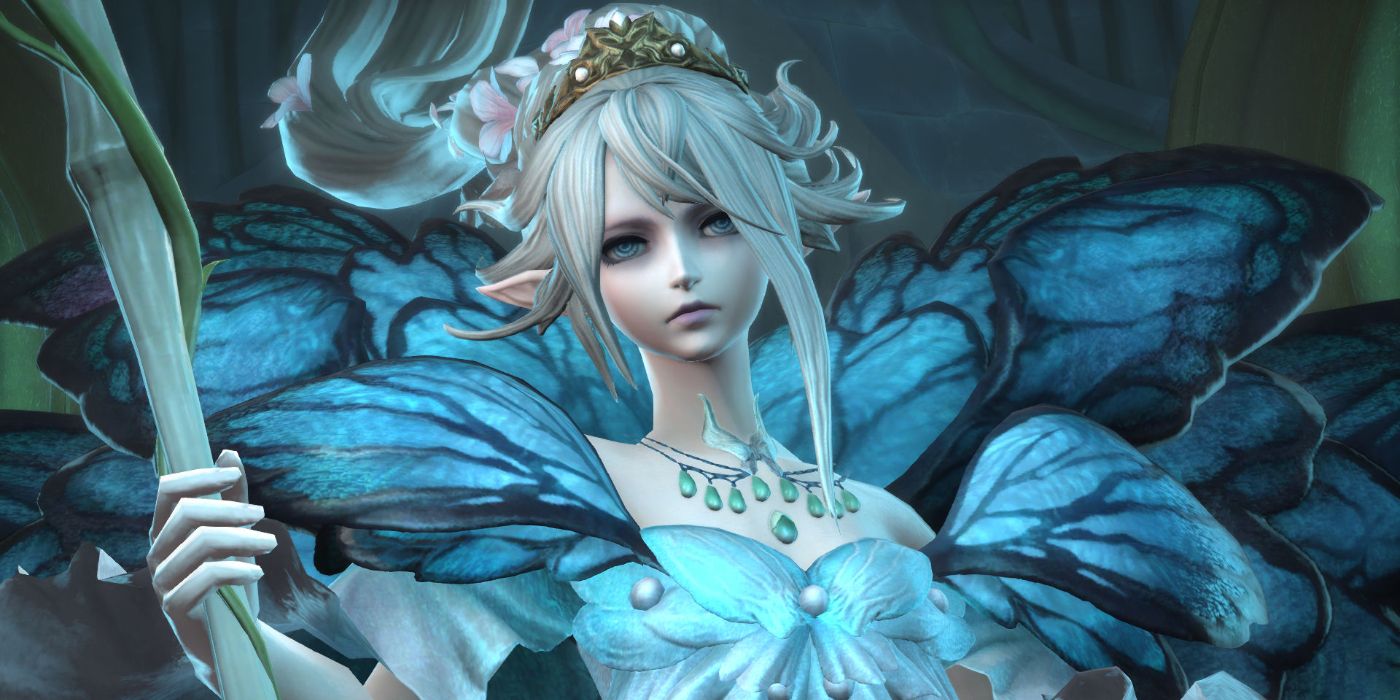The success of Final Fantasy XIV did not come easy, a fact that many newer fans of the game might not realize at fist glance now that it's the polished, transcendent experience that has generated a player base of over 16 million subscribers. When it began, Final Fantasy XIV was one of the worst-reviewed Square Enix games ever - a bizarre mish-mash of qualities that were sort of familiar and many that were foreign to the MMORPG genre and executed poorly.
Final Fantasy XIV was, by all rights, dead within the first six months of its release. Reviews skewered it on basically every talking point, and players were rapidly giving up on the game. Square Enix knew there were problems right away, and tagged game director Naoki Yoshida, who had previously been working on the Dragon Quest series, to save the sinking ship. The story goes that Yoshida was completely unfamiliar with the staff working on Final Fantasy XIV and had to not only tell them that everything was going to need to change, but had to earn their trust in his vision for the title.
The rest is history. Yoshida and the rest of the team salvaged the game with A Realm Reborn, implementing various ideas and innovations that were well-reasoned and breathed life into the game. Still, it was tough to shed the reputation that had followed the game since its initial launch, so it took a successful expansion in Heavensward to really get the MMORPG on fans' radars once more. Once Stormblood released, it became more fact than opinion - Final Fantasy XIV had been completely saved, and was now competing with the very best games in the genre thanks to a commitment to new designs, features, environments, and above all else, listening to the fans who stayed subscribed every month and supported the game.
If there's a better underdog story and redemption arc in gaming, we haven't seen it. To go from a game that scored less than 50% on Metacritic to an expansion in Shadowbringers that is sitting above 90% in the six years since A Realm Reborn launched is nothing short of miraculous - or is it?
Perhaps it's only perceived as such an unlikely event because developers (and, more likely, the publishers that control their direction) are unwilling to work on games that are perceived as bad at launch. It's easy to look back at Final Fantasy XIV now and point out the various ideas that existed in its first iteration that only needed more room to breathe and develop, but that completely undervalues the amount of insight and bravery that was required from the team behind the changes. Final Fantasy XIV's resurgence didn't come because it was easy to spot what could make it great. It arrived because Yoshida and the rest of the team worked hard, listened to each other and the fans, and did the massive amount of research and discussion required to identify the game's best traits.
Not to discredit the talent on the team behind Final Fantasy XIV, but honestly, pretty much every video game studio has extremely passionate and talented members waiting to shine. Their situation wasn't unique except for the fact that Square Enix was willing to spend years improving the game so that it could be up to the studio's standards. That dedication won over 16 million subscribers, and made Final Fantasy XIV incredibly profitable. The game is so big now we have advertisements for it featuring Tom Holland and Hannibal Buress, and a live-action Final Fantasy series coming set in Final Fantasy XIV's Eorzea.
This isn't just an article about praising the design of Final Fantasy XIV - we do enough of that in our Shadowbringers review. It's also to illustrate the fact that it's possible for studios to salvage their broken games and turn them into something magical. Anthem is the most obvious example of this, but it's not the only one. FPS games like Battlefield V, for instance, could re-design and implement the missing features and gameplay expectations fans have requested since launch. It's a lot of work, the kind that costs both money and time, and it's obvious that not every developer and publisher combination has that luxury. For giants like EA, though - which publishes both Anthem and Battlefield V - that shouldn't be much of a hurdle.
Final Fantasy XIV is proof that no game is truly a lost cause. As long as there's vision and drive behind it, and it's supported by the people who need to throw weight behind it financially, it can thrive. With Shadowbringers launching Final Fantasy XIV to new heights, maybe it's time that other industry giants look at their disappointing games and seriously consider taking the same approach. It's not just a fan-favorite - it's profitable, and that bottom line should go a long way in convincing reluctant parties.



